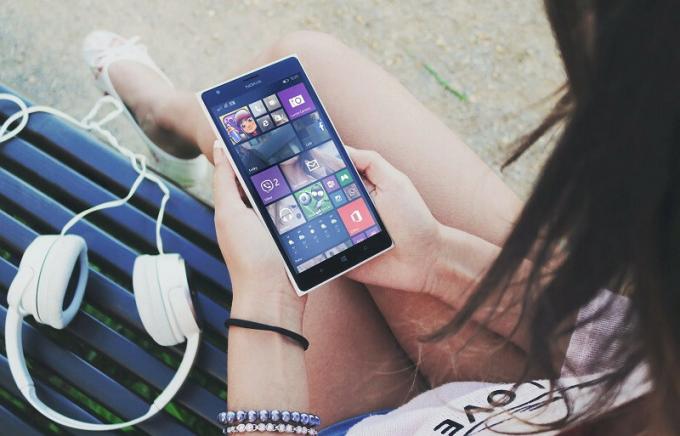Effects of the modern world on mental health (and tips to take care of it)
Today everything moves fast, our attention no longer knows how to stay in an activity. I am sure that in your inner circle many people have been diagnosed (some self-diagnosed) with Attention Deficit Hyperactivity Disorder - the symptom of our time. I'm not saying there aren't people with ADHD, but I don't know if the vast majority simply haven't learned or unlearned to concentrate, to get bored, to do one thing at a time.
The amount of information we receive through our senses is overwhelming. The eye perceives all the movement of vehicles (cars, motorcycles, bicycles), pedestrians, as well as information that is not in motion, the famous visual pollution; the ear perceives all sounds (alarms, ambulances, horns, screams); the sense of smell perceives a wide range of odors.
- Related article: "Mental health: definition and characteristics according to psychology"
Psychological dynamics arising from the current world
Usually, we do not pay attention to everything around us; we focus only on the information that serves us. But our brain, which has an impressive capacity, does receive this information and responds to it by activating our alert system (the fight or flight response), the nervous system.
The famous scrolling - we no longer stop to see the photos and videos that interest us for more than 10 seconds, because there are so many photos and so many videos, that we have to see them quickly to see them all. I remember, with nostalgia, when we used to watch television and there were commercials. It was like a break, you could get up to go to the bathroom, eat, or get bored and talk to the person sitting next to you.
Before there was "mango season" and you ate all the mangoes that existed, because you knew you weren't going to get the rest of the year; now there are mangoes all year round (more expensive and perhaps frozen), but there is no more pause, there is no more waiting. Everything we want we get fast and easy.
- You may be interested in: "What is impulsiveness? Its causes and effects on behavior"
A hectic pace of life
We do not know how to postpone the gratification of pleasure. There is a famous experiment in psychology in which a small child, 4-5 years old, is placed a marshmallow or candy in front of him and is told: “don't eat it, I'm going to go out and get it. If when I come back you haven't eaten it, I'll give you more, but if you eat it, I won't give you more”. All children this age are expected to eat it by the time the adult turns or leaves the room. This is due to the maturity of the child's brain; he is not able to postpone gratification, although he knows that if he waits a little he will have more. He can only think of immediate gratification, so he takes it and eats it.
In this sense, we are a very childish society, because although our brain could have the capacity to mature, most adults do not stop to think that in the future they will enjoy it more. The famous YOLO (“you only live once”), which may be an expected response in a teenager, but not in an adult.

If we maintain this childish attitude, it is very difficult to have confidence in ourselves, our self-esteem is affected. Well, how can we trust ourselves if we can't take care of ourselves, we can't make the right decision, we can't meet our goals and objectives. By not trusting ourselves, not even in the most everyday and small, we once again turn all our attention outwards and not inwards.
The speed, the amount of information, not having this idea that we should gratify all our needs and instincts immediately, causes us to be under high stress levels all the time. This leaves us with no time for breaks, for boredom, for stopping to see how we feel, what we are thinking and what is best for us. We move to this second level of importance, bottling our internal world to survive in the external world.
But what if, instead of surviving, you set out to live? Learn to go at your own pace, learn to enjoy everyday things, learn to connect with your emotions and not just react to your environment. Learn to get bored, to concentrate and explore the potential that your mind has.
- Related article: "Infoxication: how to combat excess information"
To do?
I leave you here some tips to take care of your mental health in the modern world:
- Several times a day, for what you are doing and brings attention to you. First, to the physical sensations: watch your breath and how as you inhale the chest grows to give you space into the air that fills your lungs and as you exhale your lungs empty and your body feels relaxed and released.
- Read, instead of spending time on the screen, open your favorite book and spend the time you need to finish one page (perhaps little by little it will be more than one). This stimulates your imagination, your concentration and your sense of well-being.
- Make a list of what you have to do, to organize your day and feel more efficient with time management.
- End the day looking for a reason for which you feel grateful, this will help cultivate an attitude of gratitude.
- Exercise and eat healthy.
- Take off your shoes, stand on the grass and feel the sun's rays on your skin.
- If you feel overwhelmed, ask for help. Do not wait until everything is bad, to know that you can be better.
